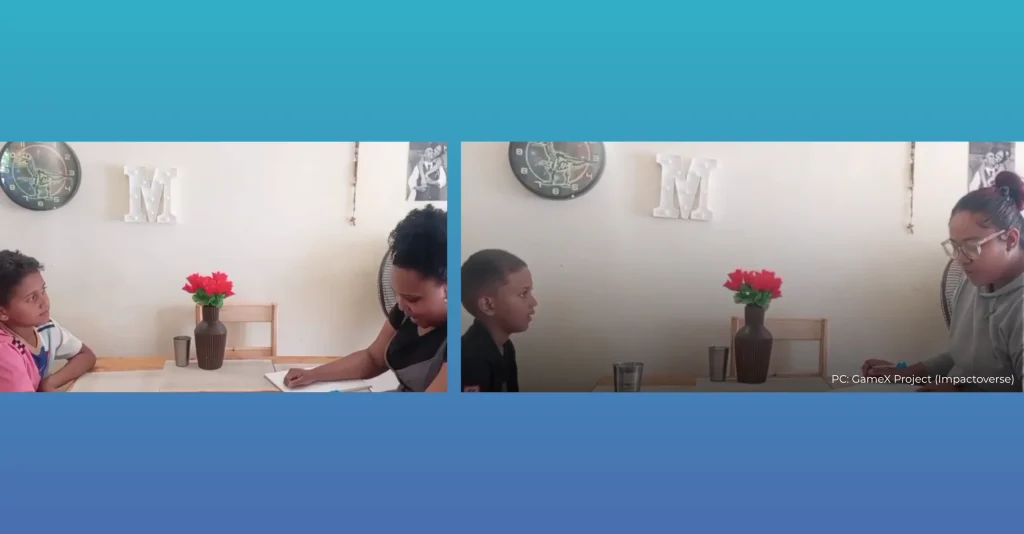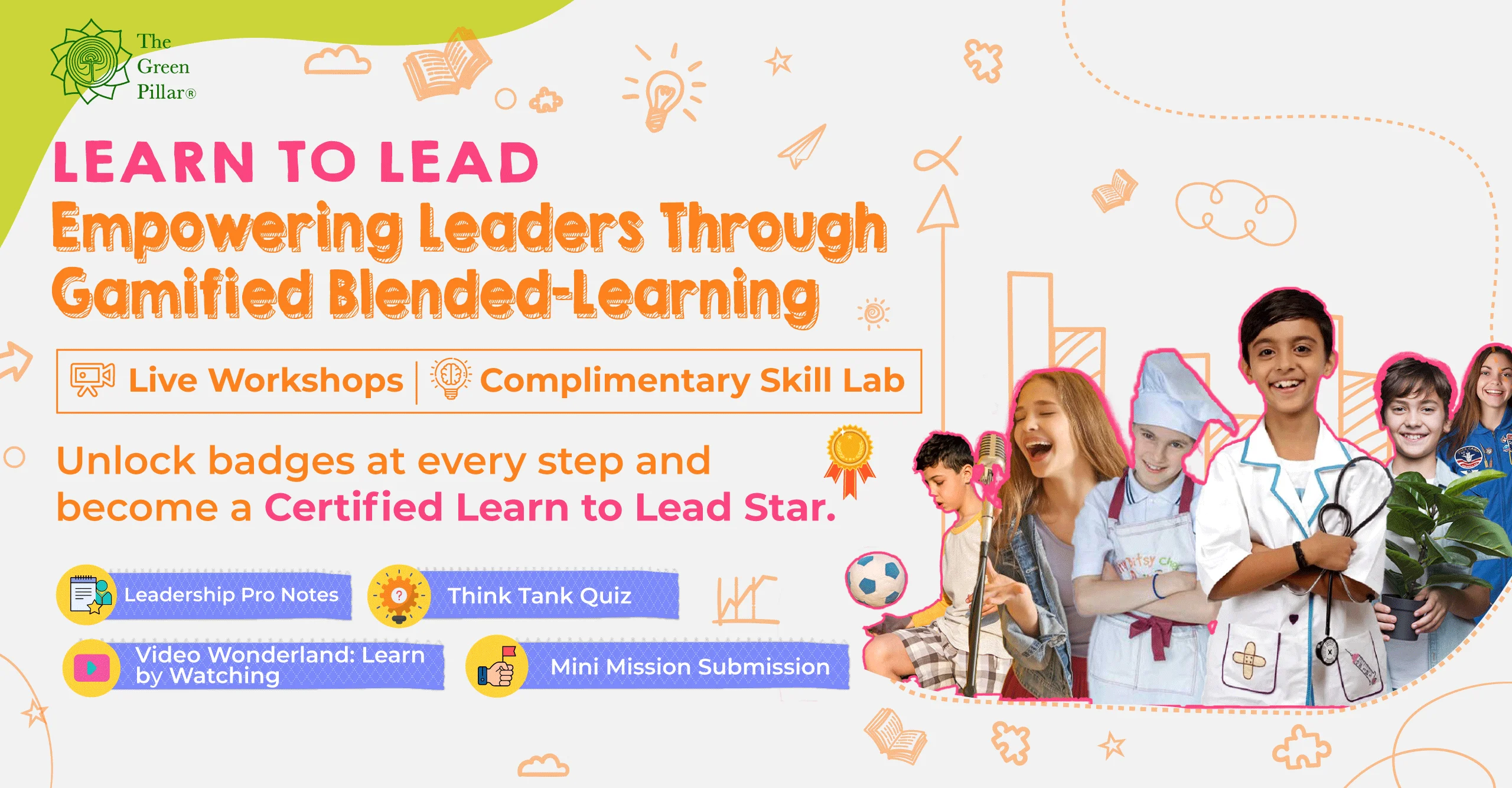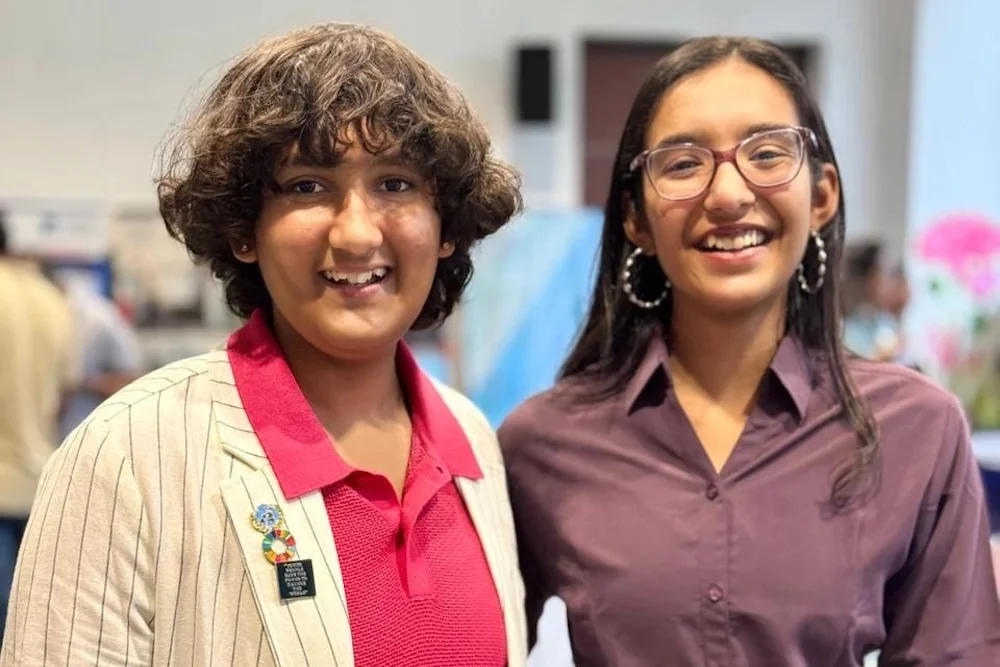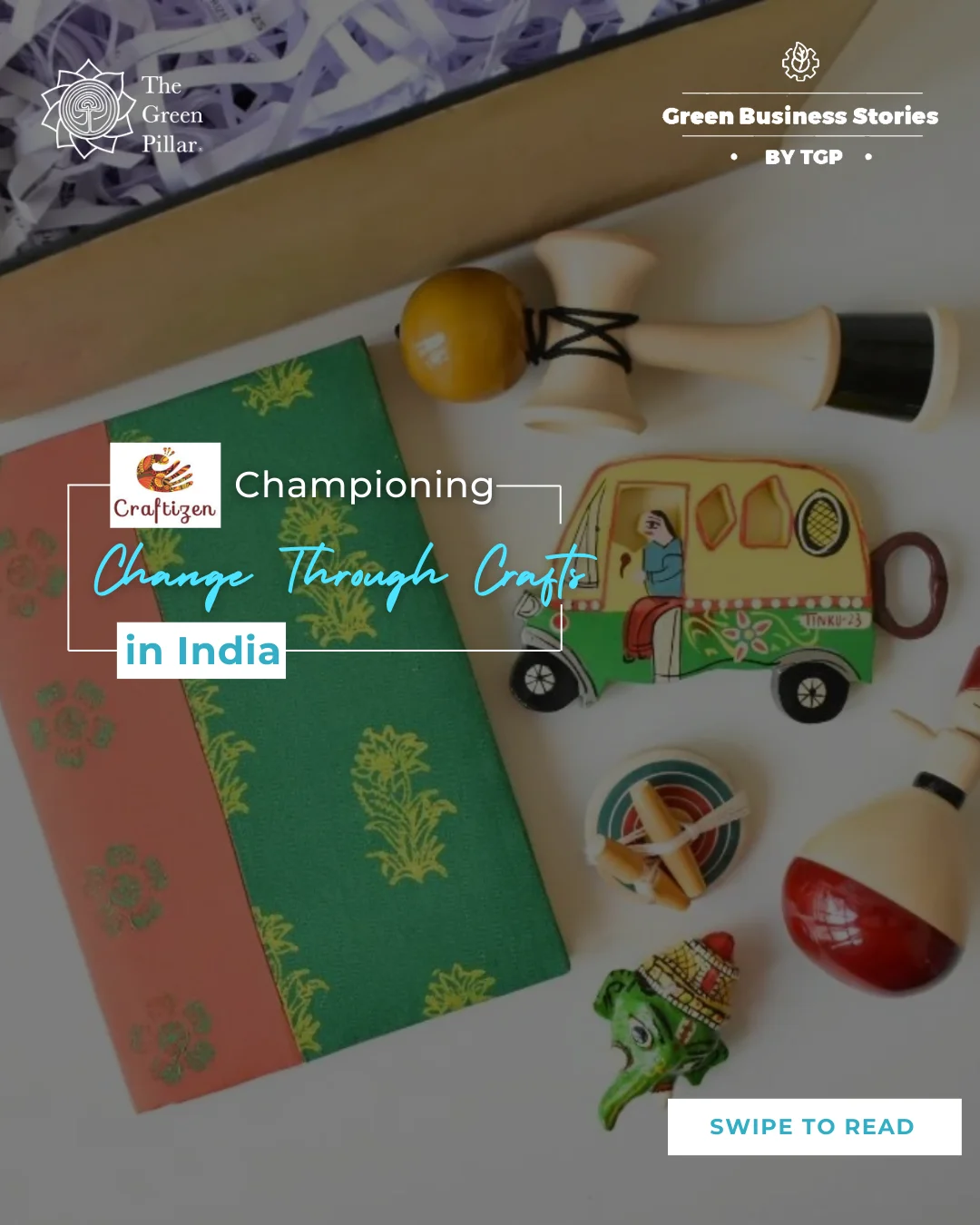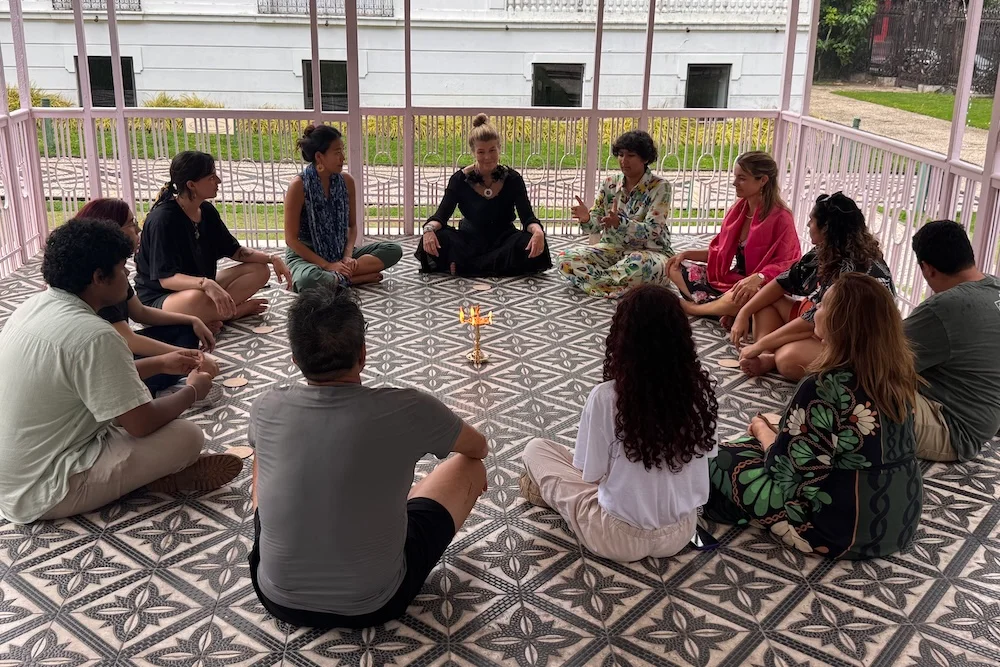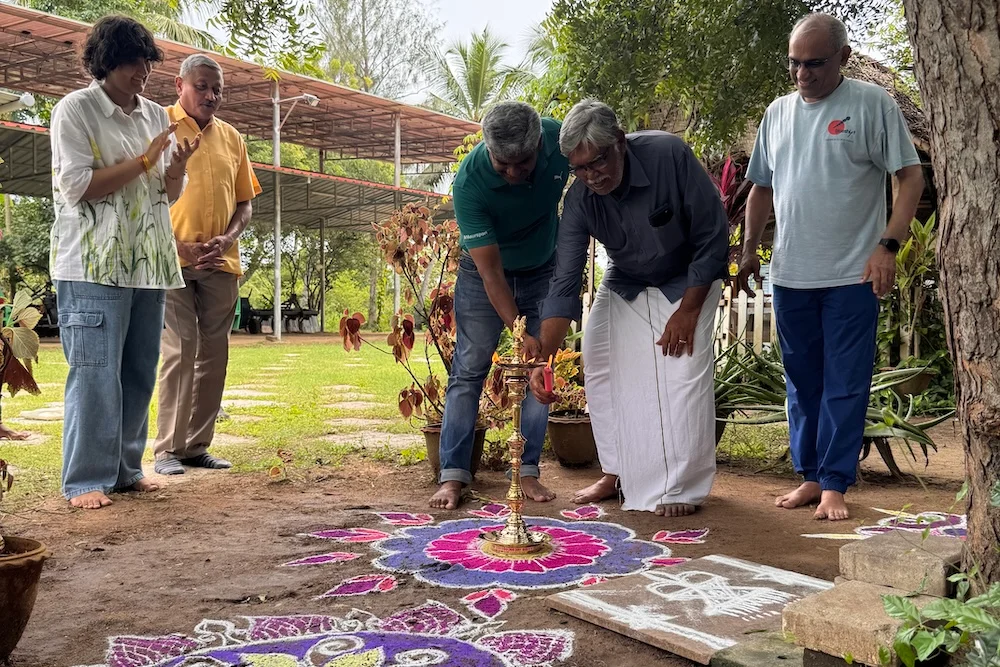
Traditional climate education often relies on lectures, reading, and reports, yet many young people still feel anxious and disconnected from taking real action. This “value-action gap” highlights the difference between knowing about climate issues and acting on them. As the IPCC (2023) reminds us, the world needs immediate transformation to limit global warming to 1.5°C, and that starts with reimagining how we learn.
At The Green Pillar, we believe that learning should inspire action. Through gamified and experiential learning, we can bridge this gap, turning abstract climate concepts into interactive experiences that give learners agency and hope. When young people see the consequences of their choices in real time, whether it’s cleaning a virtual ocean, planting digital trees, or managing resources, they move from passive awareness to active participation.


The Psychology of Play and Learning
According to Self-Determination Theory (Deci & Ryan, 2000), meaningful learning thrives when three needs are met:
Autonomy – learners have choice and control.
Competence – they see progress and mastery.
Connection – they collaborate and feel part of a community.
Games naturally meet these needs. They balance challenge and skill (Flow Theory, Csikszentmihalyi, 1990), keeping learners deeply engaged. Studies show that gamified lessons can improve knowledge retention by up to 27% (Lamb et al., 2018), while interactive simulations help students translate understanding into behavioural change (Virtanen et al., 2022).
At The Green Pillar, we see this not as a trend, but as a transformation, a way to equip young people with the mindset, skills, and confidence to lead climate action in their communities.


From Knowledge to Action
One of TGP’s flagship programs, Learn to Lead, brings this philosophy to life. It’s an exciting, gamified leadership program designed especially for children, helping them unlock their potential through the T.A.C.O. curriculum, which focuses on:
Take the Lead, Analyze and Act, Connect and Communicate, and Own Your Emotions.
Through four live workshops, participants explore essential leadership skills like goal-setting, emotional intelligence, teamwork, and decision-making. Each session is followed by the Learn to Lead Skill Lab, a fun, interactive space filled with quizzes, challenges, and mini-missions that help kids apply what they’ve learned in creative ways.
Every achievement earns badges and milestones, mirroring how small actions lead to big impact in the real world. This hands-on approach builds not just knowledge but agency, empowering children to become confident problem-solvers who see themselves as changemakers for the planet.
Gamified Learning and Emotional Resilience
Climate anxiety among youth is well documented (Hickman et al., 2021). Games can help address this by reframing fear into agency. Instead of being overwhelmed by distant global crises, players act within a controllable microcosm, learning that individual and collective actions matter. In doing so, they develop both cognitive understanding and emotional resilience, vital traits for sustaining environmental engagement over time.
As one teacher reflected, “Gaming makes learning about sustainability more interactive and exciting. It helps learners think like innovators, preparing them to become the next generation of problem-solvers who care about the planet.”
This echoes Ojala’s (2012) argument that fostering hope, not just awareness, is crucial for meaningful environmental engagement. By giving learners agency, gamified experiences can cultivate that sense of hope.
The Way Forward
The evidence is clear: learning through play is not just engaging, it’s transformative. Games provide safe, immersive environments for learners to explore the complex systems that govern our planet, test solutions, and witness the consequences of their actions. By satisfying psychological needs for autonomy, competence, and relatedness, games empower students to move from awareness to meaningful action.
As both students and teachers attest, environmental gaming nurtures curiosity, responsibility, and creativity, qualities essential for the climate-conscious citizens of tomorrow. Whether it’s planting digital trees, designing clean cities, or coding pollution-detecting robots, play can shape a generation that not only understands the science of climate change but also believes they can change its story.
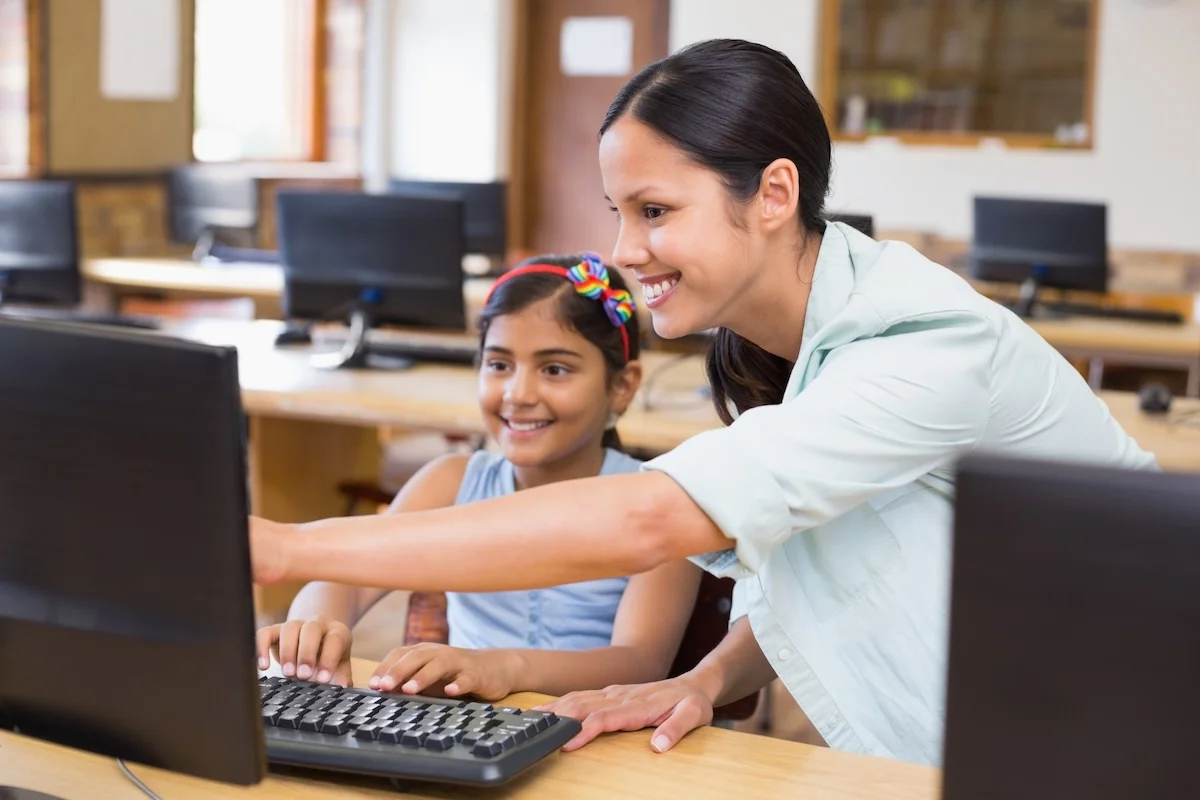

Impactoverse is a global platform that bridges technology, education, and real-world impact through interactive learning. By using ethical AI and gamification, it empowers learners and organizations to engage with pressing global challenges such as climate change, inequality, and access to education. Through its immersive modules and learning experiences, Impactoverse transforms environmental and social awareness into action, giving participants the tools to develop practical skills, collaborate across borders, and turn knowledge into measurable impact.
About the Authors


Noleen Mariappen - Impact Advisor and Founder, Impactoverse


Karina Murray - Social Entrepreneur and Founder, AUNUA
Both Noleen and Karina, GlobalTGP Experts at The Green Pillar, bring a wealth of experience in education, innovation, sustainability, and social entrepreneurship. Their insights continue to shape how we reimagine learning for sustainability. We’re deeply grateful for their unwavering support, guidance, and commitment to our mission to #HealOurEarth.
